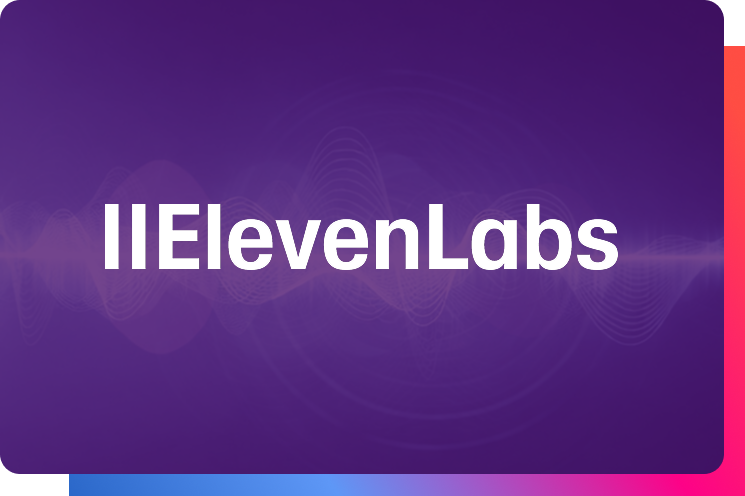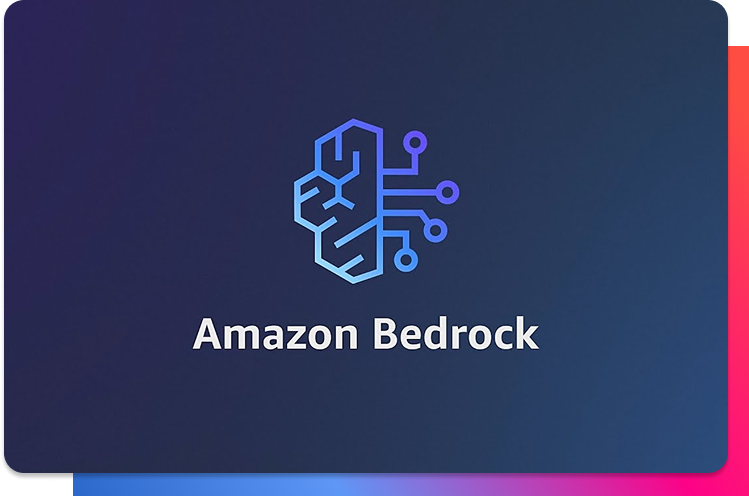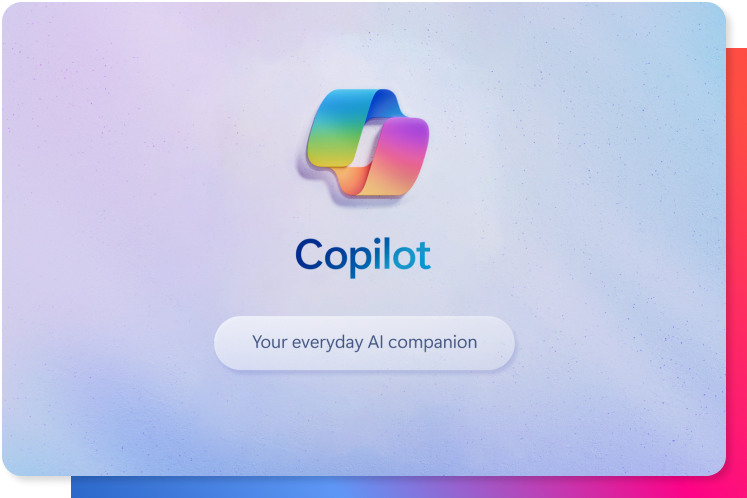Engagement Models
Data visualization and operational evolution to drive the growth of Sushi 2×1
Discover how Sushi 2×1 boosted the efficiency of its franchises in Argentina and Uruguay with smart data visualization and analysis tools that transformed their daily operations.
Sushi 2×1 had two main objectives. First, they wanted to develop a simple and easy-to-read solution that provided visibility into key business metrics for both the central office and each franchise. Second, they aimed to positively impact revenue by consolidating information and fostering data-driven decision-making based on real, concrete data.
The primary challenge was data fragmentation, with information coming from different systems, such as the POS (Thinkion) and ERP (Sinergis), requiring centralization. Although some information was visualized in PowerBi, key metrics such as sales, consumption, supplies, and billing were updated manually, making strategic decisions slow, such as forecasting future revenue, estimating expected workloads, and optimizing purchasing levels to minimize waste. With the constant growth of the franchises, it was crucial to scale data solutions and automate processes to improve operational efficiency and provide comprehensive monitoring that identified the most successful franchises and provided visibility into revenue by channel.
In summary, a tool was needed that would enable decisions to be based not just on experience but on precise, real-time data, with the goal of optimizing every aspect of the business.
Solution implemented
Our team developed a comprehensive data solution that centralized information from multiple sources that the client already had but was either underutilized or disorganized. These sources included the Point of Sale (POS) system, Enterprise Resource Planning (ERP) system, Google Analytics, and others.
Various dashboards were created to monitor key KPIs for daily, monthly, and annual operations, both for individual locations and the parent company. Indicators were also included to identify deviations in production and stock consumption.
Additionally, predictive tools were implemented to project daily sales and calculate the necessary consumption of supplies, improving production planning and inventory management.
Impact:
Technology stack:
Project duration
The project has been in development for 10 months and continues to evolve with the addition of new franchises and additional features.








 Español
Español